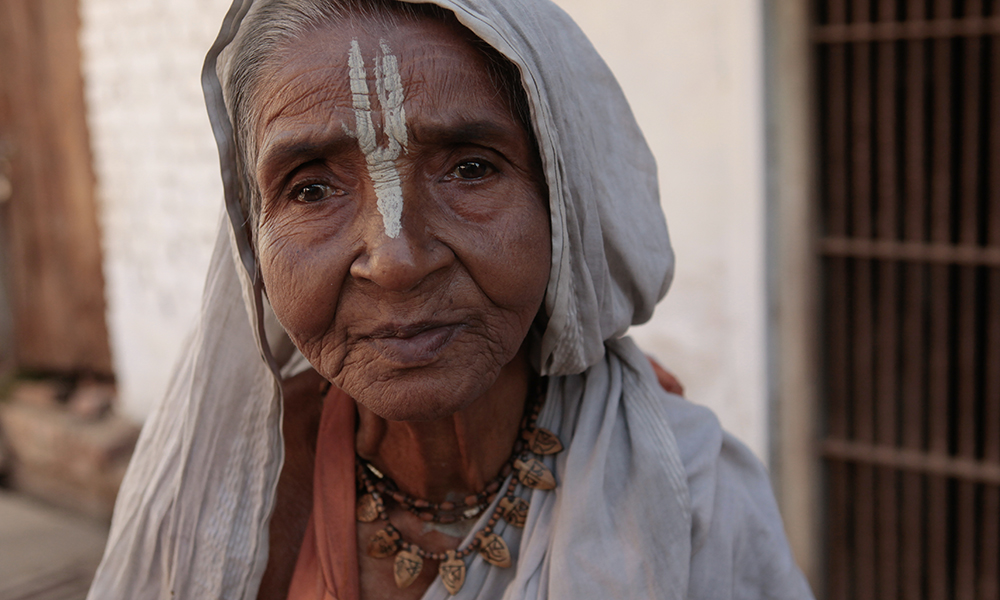Did you know that we are not self-centered bio-computers programmed for survival, but are inherently compassionate?
Studies show that especially when a group of people face a common crises like earthquakes, wildfires, train accidents, etc. they turn to each other and generate an enormous strength that enables them to go through the situation and help. At that time the inner resilience or ability to tolerate hardships is increased in amazing ways. This was seen during times of bombing when people helped their neighbors to get through an air-raid; during times of floods when people shared blankets, food, and accommodation; and many more such examples.
In recent times the concept of ubuntu (I am because we are) got a lot of worldwide attention. In Africa an anthropologist placed a basket full of fruits under a tree and said to the village kids, “Whoever gets there first can have all the sweet fruits in the basket.” To his surprise, the children took each other by the hand, ran together to the basket and shared the fruits amongst themselves. When he asked them why they preferred to share the fruits, instead of the winner taking them for him or herself, one of the kids happily said, “Ubuntu! How can one of us be happy if all the other are sad?”
The Rig Veda informs us, “The nature of an ideal person is that if he sits down to relish sweets, he does not eat without dividing those sweets amongst his relatives and other individuals. He who selfishly eats alone, eats only misery.” (Rig Veda 10.117.6)
This is what you can do to grow your compassion:
- Don’t look away—notice the unease, hurt, pain, or suffering of another. Try to walk in their shoes and see, feel, and experience like they do. Ask yourself how you would feel if you would be in a similar situation.
- Understand that all beings are equal—in their happiness and distress. As the Gita says, “When you are free from illusion, you will see that all living beings are in Me, the self of all.” (Bhagavad-gita 4.35)
- Think about ways how you can help. Choose compassion!
- Take action according to your ability. Sometimes it helps to simply be present.
When you look through the lens of compassion, your perspective will widen. You will become less judgmental and more loving. Becoming a kind human being means to join human-kind for the second time. Everything starts in the head: changing from an indifferent thought to a compassionate one.
For more on compassion, you may watch the Compassion Tuesday Series on my YouTube Channel: bit.ly/SNS_Youtube_Compassion_Tuesday
